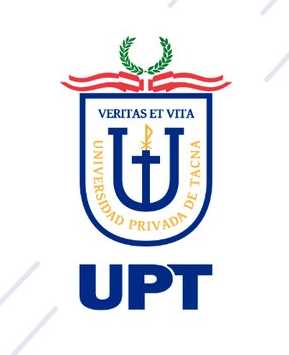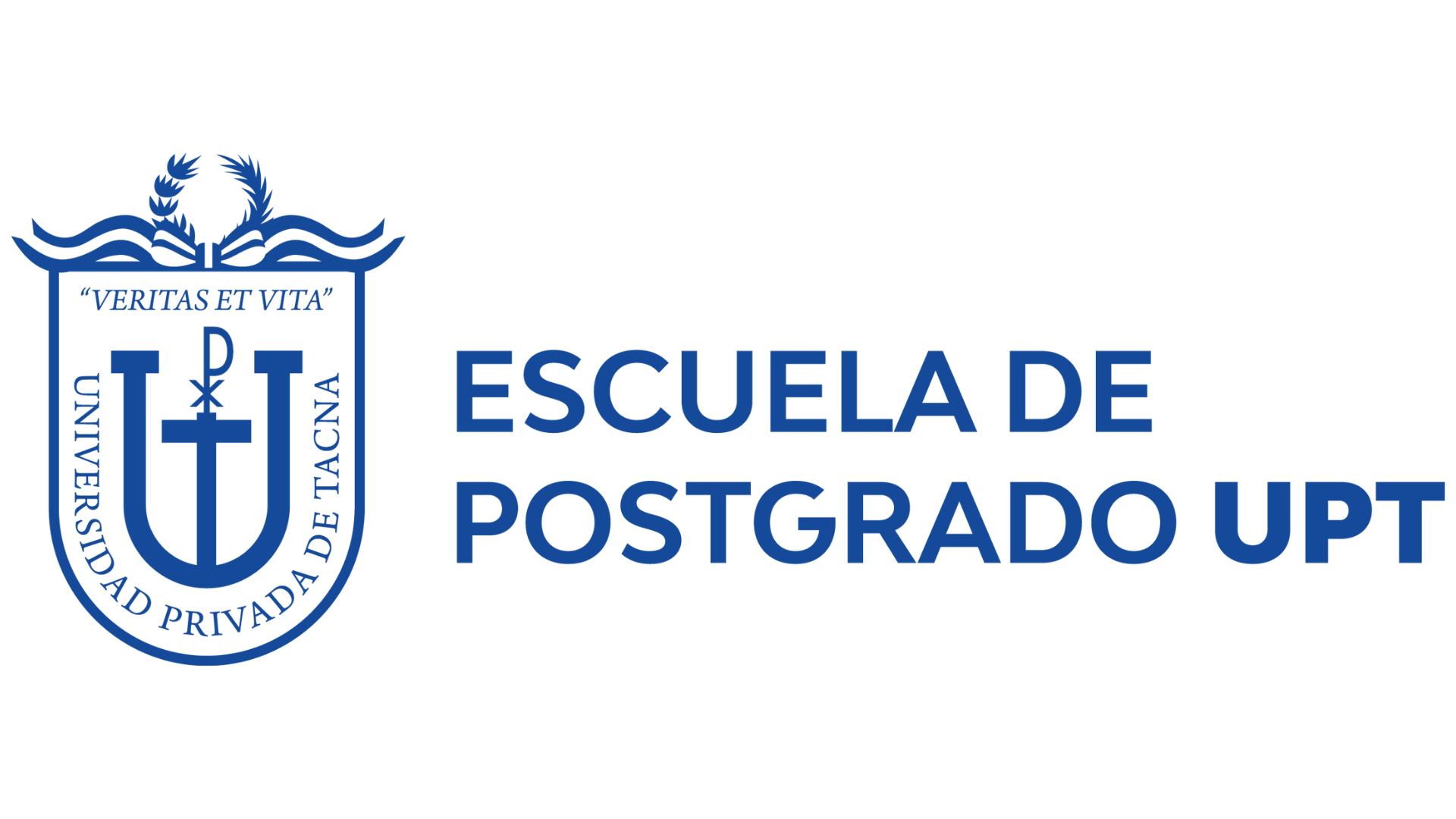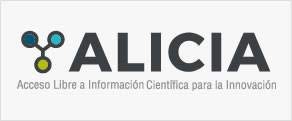Tránsito de campus pedagógico a comunidades de aprendizaje en el contexto de instalación del modelo de formación práctica. El caso de una universidad chilena
DOI:
https://doi.org/10.47796/ves.v11i1.596Palabras clave:
Campus pedagógico, comunidades de aprendizaje, Modelo de Formación PrácticaResumen
La presente investigación tuvo como objetivo determinar la relación que existe entre el desarrollo del campus pedagógico y la instalación de Comunidades de Aprendizaje, según el Modelo de Formación Práctica de la Universidad Metropolitana de Ciencias de la Educación, en Santiago de Chile, 2019. Para este efecto se utilizó una metodología cuantitativa, obteniendo la información a través de la aplicación de cuestionarios a 20 actores claves de los Campus Pedagógicos instalados por la Universidad Metropolitana de Ciencias de la Educación. Dentro de los resultados se puede establecer que existe una estrecha relación entre el conocimiento sobre el modelo de formación práctica de dicha Universidad y las acciones que realizan sus actores en los campus pedagógicos. Además, se considera fundamental consolidar los campus pedagógicos de la muestra con el fin de avanzar a las comunidades de aprendizajes descritas en su Modelo. Dentro de los hallazgos es relevante definir acciones concretas en cuanto a la definición de bidireccionalidad con el fin de aclarar las expectativas que tienen los centros educativos en cuanto a la instalación de los campus y su avance a comunidades de aprendizaje.
Descargas
Citas
Avalos, B. (2014). La formación inicial docente en Chile: Tensiones entre políticas de apoyo y control. Estudios Pedagógicos, 11-28.
Cantero Rodríguez, M. (2017). Las Comunidades de Aprendizaje para el desarrollo profesional docente, un estudio de caso en contexto chileno. Alcalá, España.
Cauas, D. (2016). Elementos para la ejecución y elaboración de un proyecto de investigación. Obtenido de http://webjam-upload.s3.amazonaws.com/apuntesinvest_cauas__1539__.pdf.
García, C. (2012). Comunidades de Aprendizaje. REVISTA ELECTRÓNICA DE GEOGRAFÍA Y CIENCIAS SOCIALES, 1-10.
Hernandez Sampieri, R., Fernnadez Collado, C., & Baptista Lucio, P. (2014). Metodología de la Investigación.
Hirma, C. (Junio de 2015). Investigaciones sobre la formación práctica en Chile: tensiones y desafíos. Santiago, Chile: Organización de Estados Americanos para la Educación, la Ciencia y la cultura.
Jordán Yepéz, A. E. (2020). La docencia: el trabajo de los maestros, los roles y las responsabilidades. Revista Cientifica Mundo de la Investigación y el conocimineto, 4-13.
Mallea, R. (06 de julio de 2015). Bourdieu y el campo de lo educativo en el Chile actual. Obtenido de El mostrador: https://www.elmostrador.cl/noticias/opinion/2015/07/06/bourdieu-y-el-campo-de-lo-educativo-en-el-chile-actual/.
Martinez, M. (2006). LA INVESTIGACIÓN CUALITATIVA (SÍNTESIS CONCEPTUAL). IIPSI, 123-146.
Menendez, A. (20 de 03 de 2020). Validez, Confiabilidad y Utilidad (MENENDEZ). Obtenido de SCRIBD: https://es.scribd.com/document/323412449/Validez-Confiabilidad-y-Utilidad-Menendez
MINEDUC. (1 de Julio de 2020). Reglamento de Convivencia Escolar. Obtenido de www.mineduc.cl: https://bibliotecadigital.mineduc.cl/handle/20.500.12365/547.
MINEDUC, M. d. (Agosto de 2020). Curriculim nacional. Obtenido de https://www.curriculumnacional.cl/portal/?gclid=Cj0KCQiA0MD_BRCTARIsADXoopa61Zu2rNSy8_4JiqFXBWYi-02j9DRftH741QH10DoDo5VBSSMgHysaAgmBEALw_wcB.
Molina, E. (2013). Creación y desarrollo de comunidades de aprendizajes: Hacia la mejora educativa. Revista de Educación, 235-250.
Rodriguez, W. (2009). EL ENFOQUE SOCIOCULTURAL EN EL DISEÑO Y CONSTRUCCIÓN DE UNA COMUNIDAD DE APRENDIZAJE. Actualidades de Investigativas en educación, 1-22.
Rodriguez Dominguez, J. (2017). Génesis y evolución de las comunidades de aprendizaje como modelo de inclusión y mejora educativa en Andalucía. Anadalucía, España.
Rusell, T. (2014). La práctica en la formación de profesores: tensiones y posibilidades en la experiencia de aprender a enseñar. Estudios Pedagógicos, 223-238.
Sanzana Vallejos, G. (2015). “La práctica de aula: percepción de efectividad y autoeficacia”. Córdoba, Argentina.
UMCE. (2016). Modelo Educativo. Santiago: Editorial UMCE.
UMCE. (2018). Condiciones de Operación del Modelo de Formación Práctica. Santiago: UMCE.
UMCE. (2019). Modelo de Formación Práctica. Santiago: UMCE.
Valls, R., & Munté, A. (2010). Las claves del aprendizaje dialógico en las Comunidades de Aprendizaje. Revista Interuniversitaria de Formación del, 11-15.
Vivas, H. (2017). Estudio de los enfoques de aprendizaje en cuatro cohortes de estudiantes de Agronomía de la Universidad Central del Ecuador. Tesis No publicada. file:///C:/Users/Pc-Academico%201/Dropbox/Mi%20PC%20(LAPTOP-E0SIMLAQ)/Downloads/Dialnet-EstudioDeLosEnfoquesDeAprendizajeEnCuatroCohortesD-6326666.pdf.












